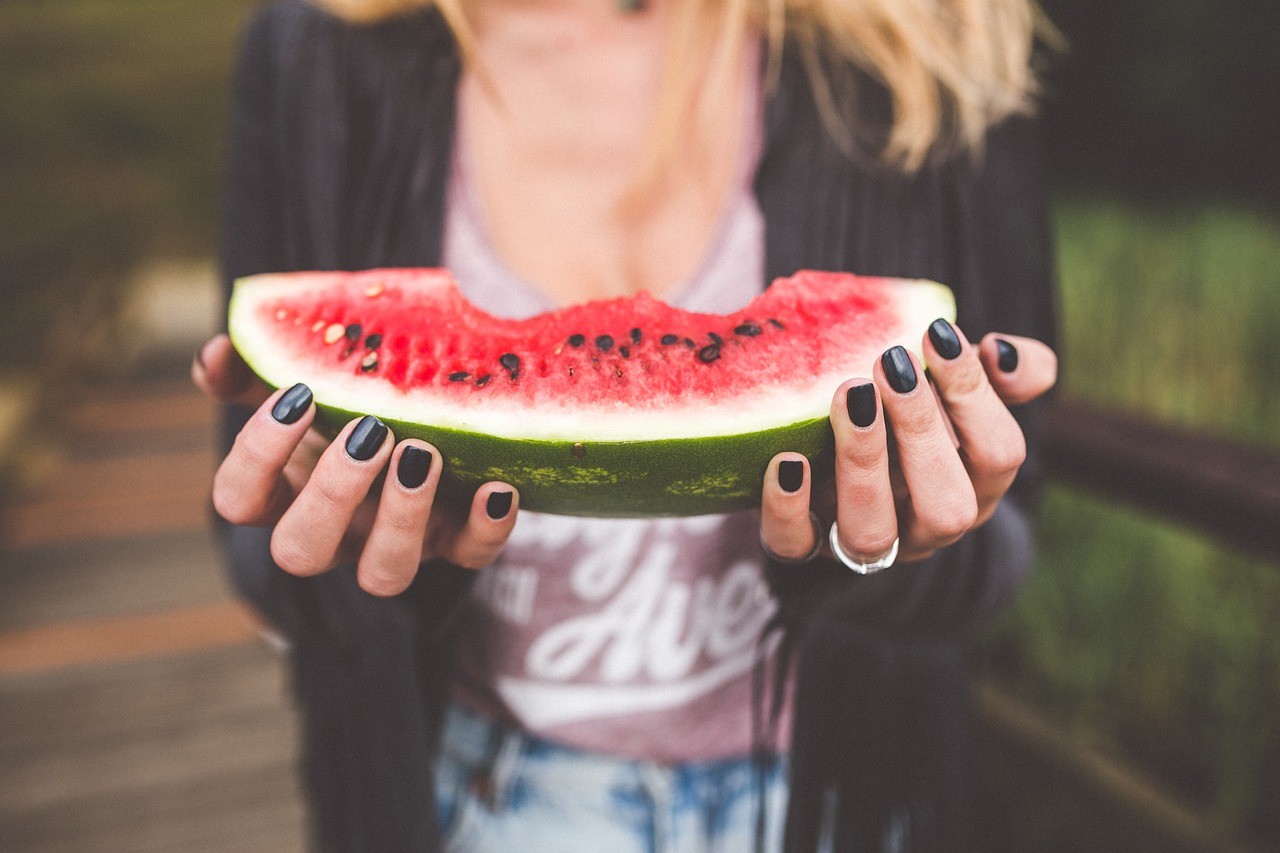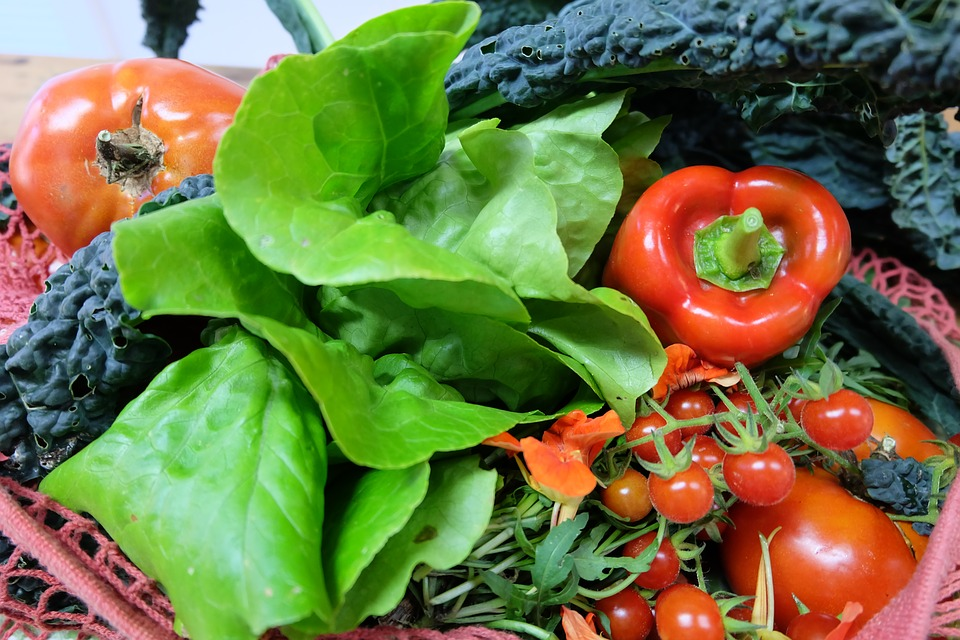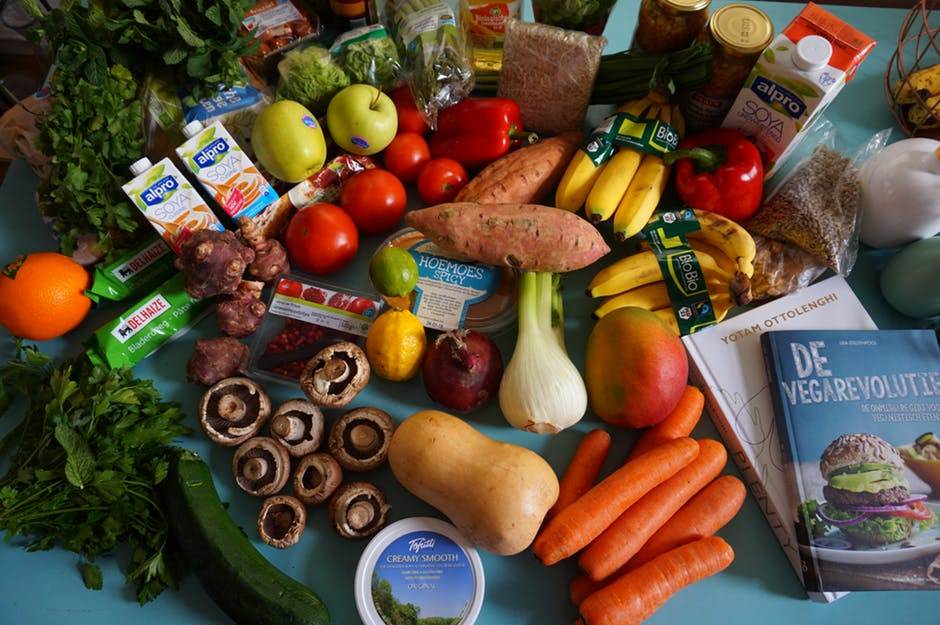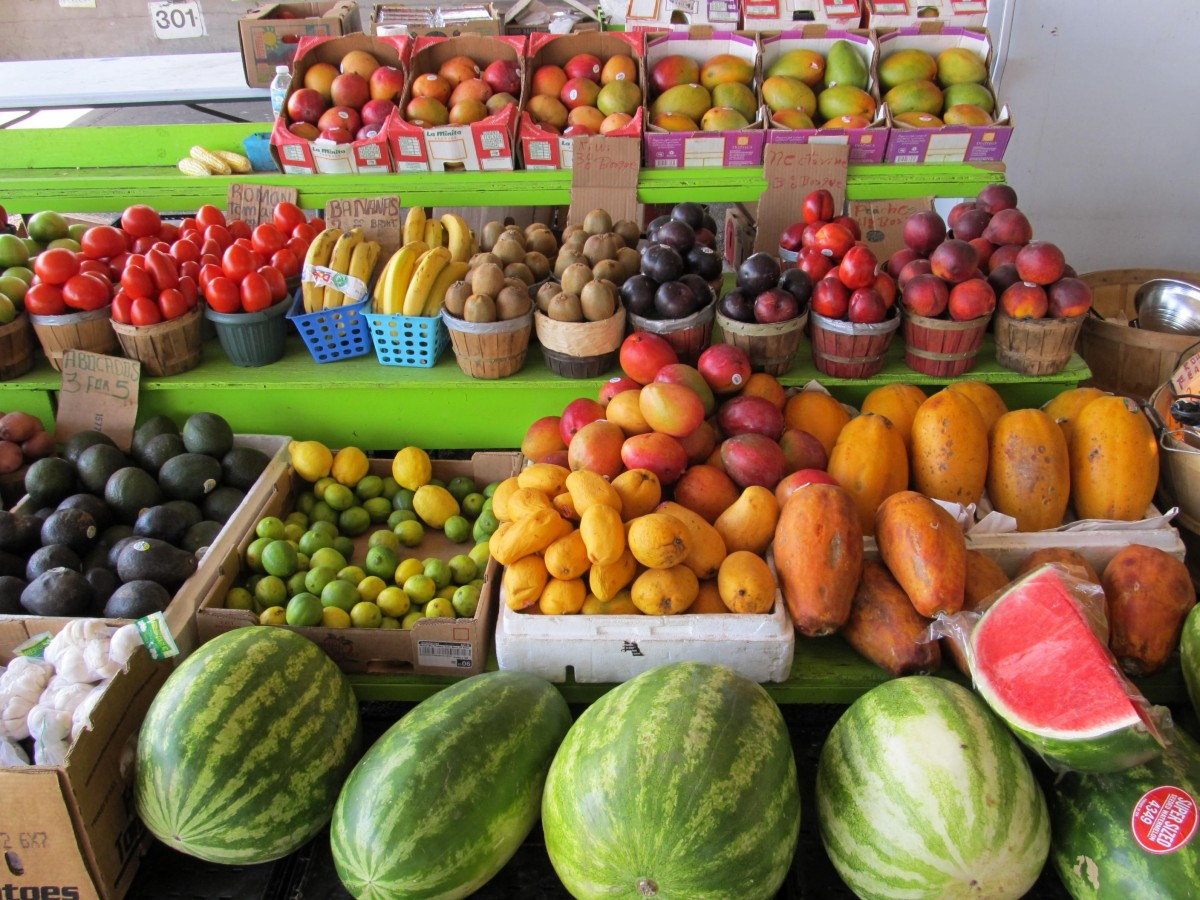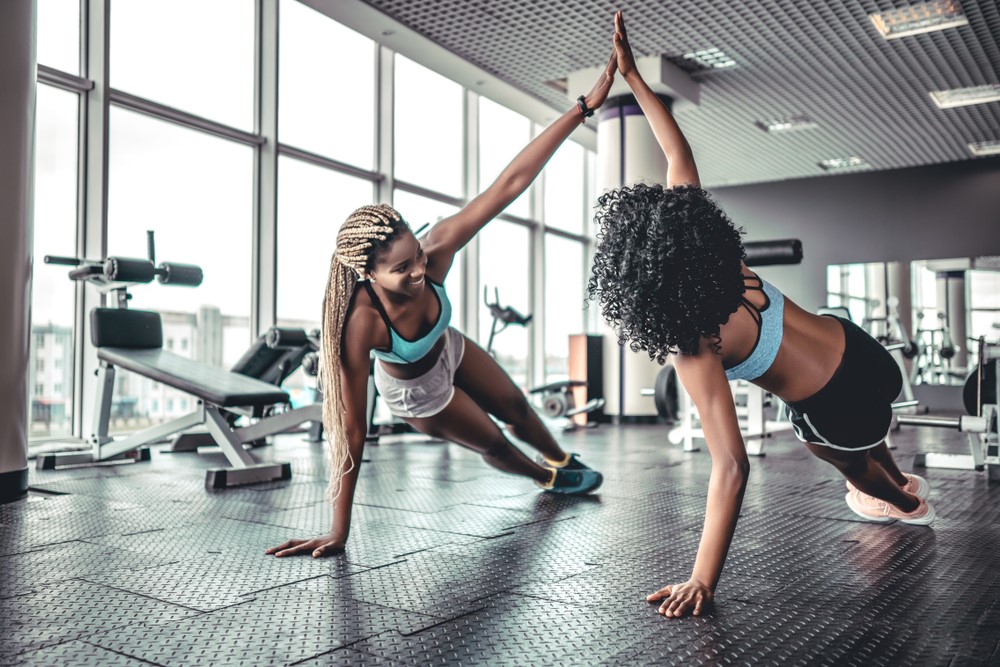
Americans are going vegan!
And, how!
The Nielsen for the Plant Based Foods Association (PBFA) and the Good Food Institute conducted studies on food trends in the country and here’s what they found. Americans bought plant-based foods worth $3.1 billion alone in the year 2017 which is a rise by 8.1%. And, in the next three years, you can expect that your grocery food aisles are likely to carry 40% of plant-sourced alternatives to dairy products. By the year 2024, the global market for vegan cheese will be around $4 billion.
Many Americans Attribute Their Good Health to a New Fitness Secret – Veganism
The statistics above are a clear indication that more Americans are recognizing the dangers of consuming animal-based and chemical-laced food preferring instead plant-based organic food. They are now looking for healthier options that won’t cause long-term medical issues. The exciting thing about the country going vegan is that such foods are more readily available in most grocery stores and restaurants. You also have vegan meal prep delivery services offering dishes made with only plant products in special segregated kitchens.
You’ll hear of many celebrities extolling the virtues of veganism and how this fitness secret has helped them live healthier, fitter, and more energetic lives with fewer medical complications. Some examples include Beyonce, James Cameron, Miley Cyrus, Gisele Bündchen, Alicia Silverstone, and Serena Williams.
But, The Question Remains. Is Veganism Really Good for You?
Despite the growing trend towards veganism, you’ll hear lots of conflicting reports. Some studies talk about how vegetarian food has several nutritional deficiencies while others talk about how the chemicals fed to animals can find their way into the processed meats you eat. Let’s take a closer look at the pros and cons of veganism and you can decide for yourself if it is really a fitness secret.
The Case FOR Veganism
Medical News Today gives you an entire list of the benefits of following a diet that has only plant products. Here are some of the advantages that do make veganism a fitness secret.
- Plant foods contain bioactive compounds that can combat the negative effects of genetic propensities to develop various diseases. These ailments include type 2 diabetes, buildup of plaque in the arteries, the development of tumors, and heart disease.
- Plant foods contain antioxidants can fight the free radicals that can cause inflammation and damage to the cells that ultimately results in diseases.
- Given that plant foods are typically less calorie-dense as compared to animal foods; you’ll consume fewer calories if you eat the same quantity. For this reason, vegans and vegetarians, for that matter, are less likely to gain weight and become obese.
- By opting for plant foods, you avoid the intake of harmful animal fats that can potentially raise your bad cholesterol levels. Accordingly, you lower the risk of getting a stroke and heart disease. On the other hand, if you were to consume fats like olive oil, they can lower the bad cholesterol and protect your heart.
- Plant foods have a rich content of vitamin C and fiber. Further, the nutrients in fruits, vegetables, and legumes can lower your chances of getting different types of cancer including colorectal and colon cancer.
The Case AGAINST Veganism
On the flip side, a vegan diet that is completely devoid of all kinds of animal products can have certain deficiencies. However, it is possible to make up for these shortages by balancing your diet carefully. Vegetarians who consume milk and dairy products, honey, and eggs have a better chance at eating a more nutritious diet. But, since vegans eschew these products also, they may have to deal with certain downsides.
- Not all plant-based foods contain calcium. Given the importance of calcium for your bone health, it is highly essential that you include foods rich in calcium, magnesium, and potassium in your vegan diet. Look for non-animal kinds of milk like soy milk or almond milk. You can also include tofu and vegan cheese in your meals along with green leafy vegetables, figs, and nuts.
- Your body needs vitamin B12 to healthy nerves and red blood cells. If you opt for a vegan diet, you could lose out on this vitamin. However, adequate amounts of foods like cereals, fortified soy, seaweed, and yeast can make up for the shortfall.
- Anemia is a common complaint among vegans since they don’t get enough iron from plant foods. This downside can be countered with foods like dark green leafy vegetables and dried beans. Cooking your food in cast iron utensils can also raise the iron content in the food.
- Your body needs omega-3 fatty acids for the proper functioning of your heart, eyes, and brain. If you avoid eating fish, you could miss out on these nutrients. For this reason, you may want to supplement your vegan meals with olive oil, canola oil, walnuts, flaxseed, and soy products.
You Can be Vegan AND Healthy
Reed Mangels PhD, RD, is the nutrition advisor for The Vegetarian Resource Group. Like he reveals to AARP, “Vegans can get vitamin B12 from fortified foods (some brands of soy milk, fake meats, breakfast cereals and nutritional yeast) and from supplements. Vegan diets may be low in calcium and vitamin D although there are vegan sources of these nutrients.”
The bottom line is that when you balance the benefits of a vegan diet against the downsides, making up for nutritional deficiencies isn’t all that difficult. With the help of your medical practitioner, you can get the necessary supplements to fortify your plant foods and remain healthy.
Should you opt for a vegan diet? Sure! It IS a fitness secret if you can manage it well. And, in the coming years, you’ll find it even easier to be vegan in America.




